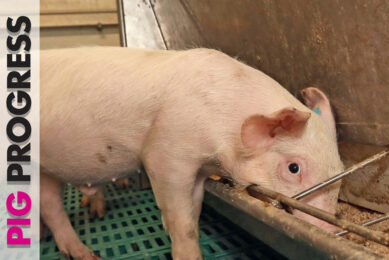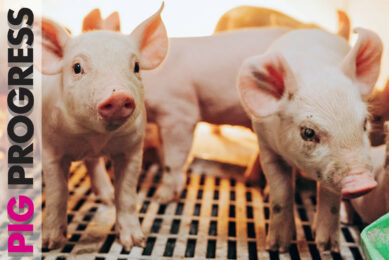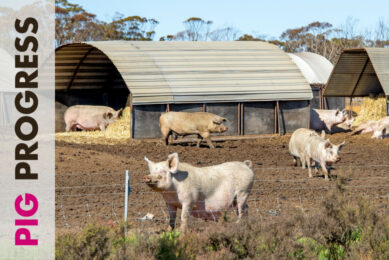Palm oil, protein and particle size in Pig Progress 9
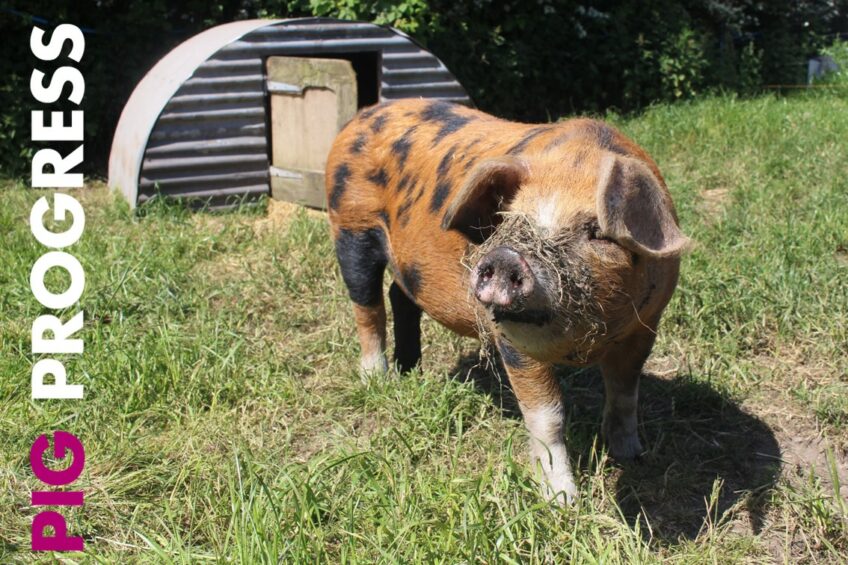
The latest edition of Pig Progress is now online and considers changes in global pig meat trade, discussions around palm oil and crude protein in pig feed, and a look at the effect of stocking density on welfare and performance of pigs. Also, should we castrate pigs? Then, a highlight in this edition is a farm visit to learn more about a rare pig breed in the UK. This and much more.
The remarkable dynamics of global pig meat trade
In a previous article, Pig Progress reported on 50 years of pork production at continental and country level. This follow-up article on pages 6-9 takes a closer look at trade levels, which have also changed considerably.
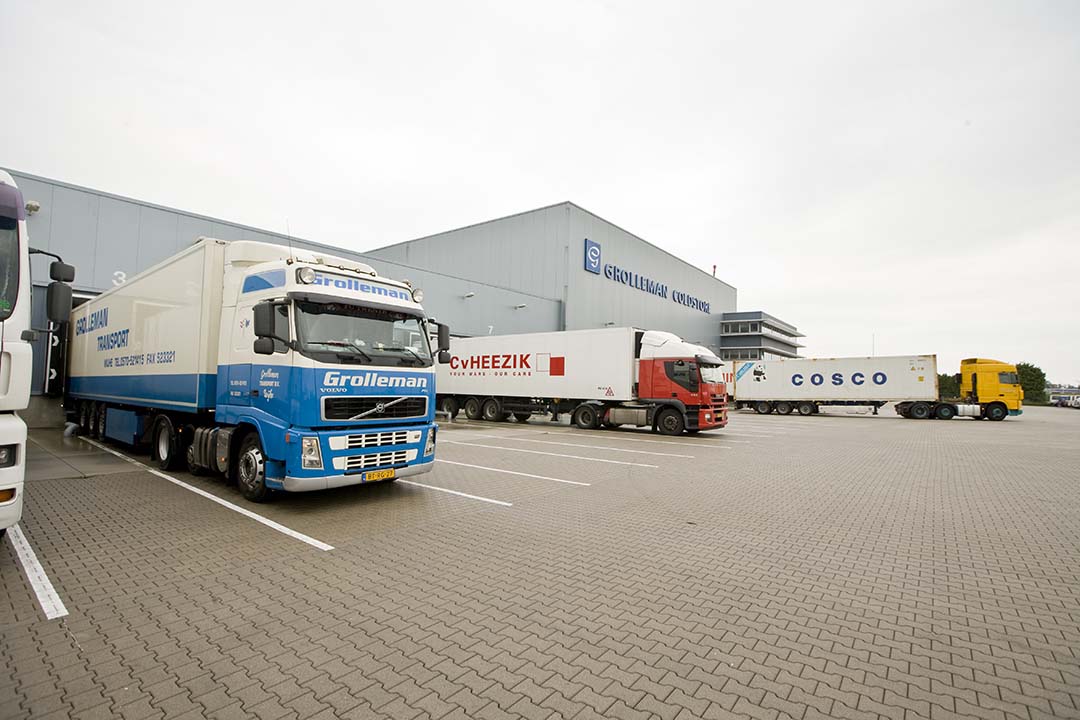
Column: Palm oil in the spotlight
On page 10, columnist Dr Casey Bradley from the Sunswine Group in the US shares her thoughts on palm oil, which she says is the talk of the town from a feed additive perspective. Should we consider palm oil to “butter” up our weaned pigs, she asks.
Lowering crude protein levels in pig feed
Lowering crude protein levels in pig feed can result in environmental advantages. At a gathering in the Netherlands arranged by Metex Animal Nutrition, novel insights were shared about how to make sure pig performance is not at risk. Page 11
A labour of love: Raising a rare breed
A rare British pig breed has been on the verge of extinction, twice, but now the breeding population is stable. Pig Progress visited a farm in the UK to meet these ginger and spotted pigs. The farm’s owner has been raising these pigs for 8 years now – a hobby that she is passionate about. Read the report on pages 14-17.
Does stocking density affect welfare and performance?
High stocking densities exert passive impacts on pig health, performance and welfare, and, according to science, when pigs have more space at their disposal, they tend to perform better, according to science. This applies to pigs at various ages, both at nursery/grower phase, but equally much just before slaughter. Pages 18-19.
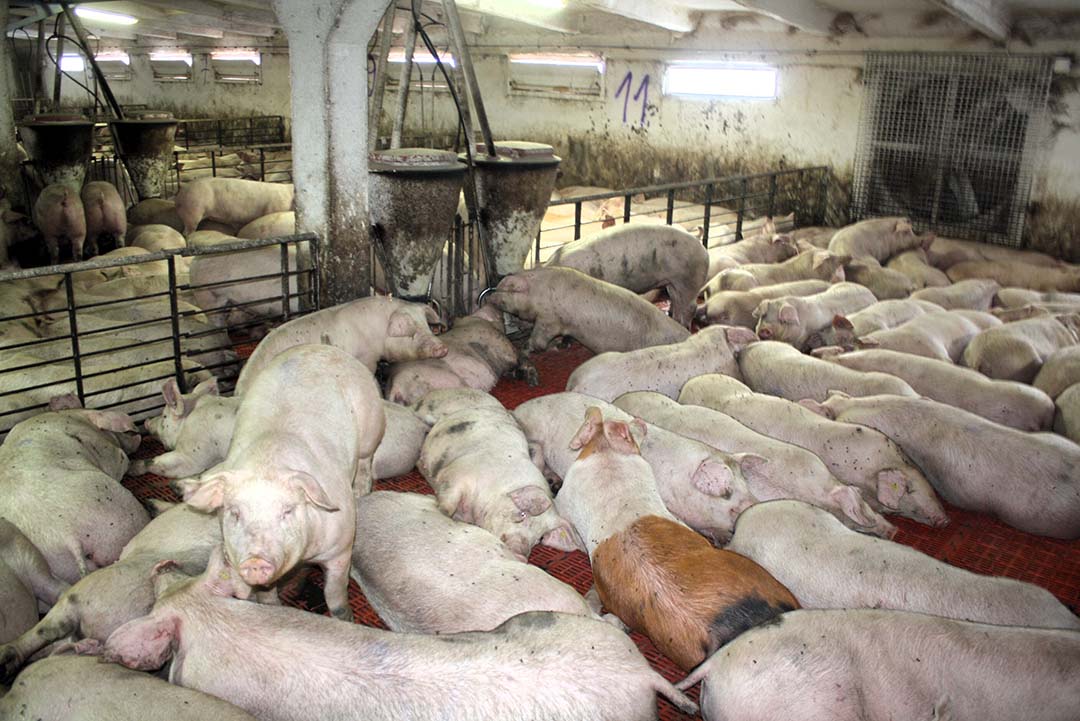
The path to a resilient and toxin-free food system
There was much to talk about at this year’s World Mycotoxin Forum. Some pertinent discussions focused on how we can work towards a resilient and toxin-free food system, and asked if emerging technologies that manage and analyse data could be the solution to predicting potential risks. Page 22-23.
Column: Boars and their hormones
Should we castrate male piglets or not? Irene Camerlink, columnist and interdisciplinary researcher focusing on pig behaviour, welfare and production, shares her thoughts on page 26.



